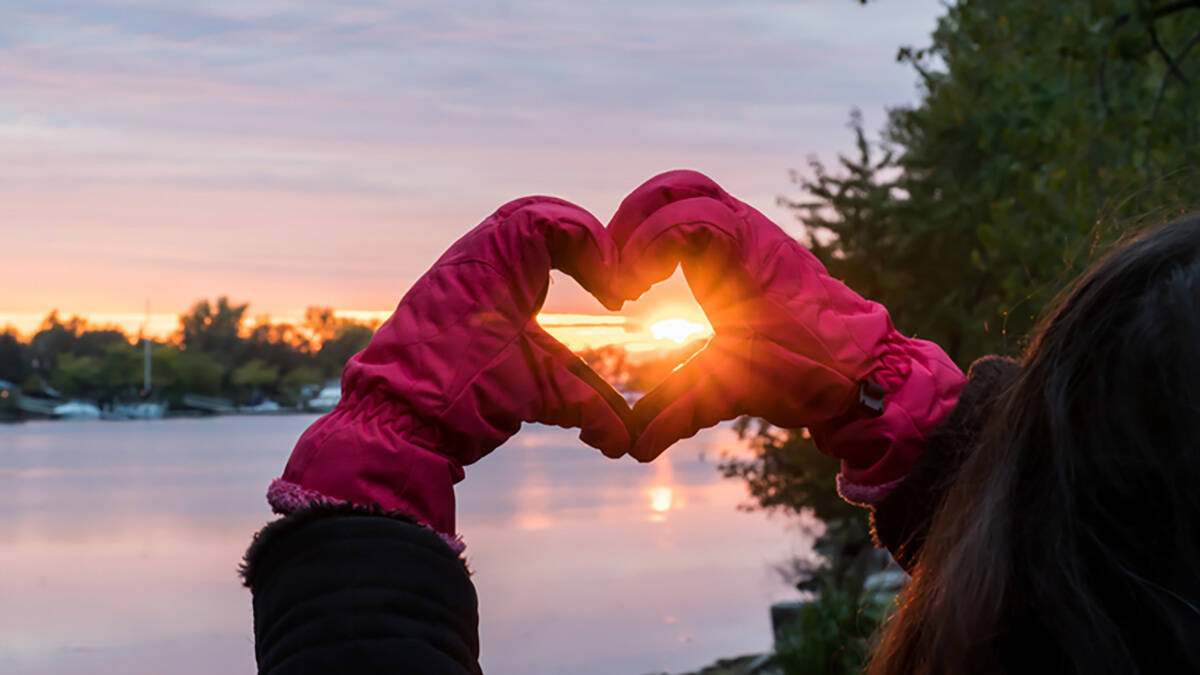Dark Vegas: Night falling early as winter solstice nears
The shortest days and longest nights of the year — traditionally the coldest time of the year — are here as the winter solstice, which marks the first day of winter, occurs at 1:21 a.m. Saturday in Las Vegas.
Friday and Saturday will see less than 10 hours of daylight and conversely more than 14 hours of darkness when the sun is below the horizon.
On Friday and Saturday, sunrise is at 6:48 a.m. and sunset is at 4:29 p.m. Friday and 4:30 p.m. Saturday.
According to the National Weather Service, the winter solstice is the point when the North Pole is the farthest from the sun, which leads to the shorter hours of sunlight.
In Las Vegas, the days before Christmas are the coldest time of the year with an average temperature of 56 degrees, said Matt Woods of the Las Vegas office of the National Weather Service.
This week, however, has been considerably warmer with several straight days with highs in the upper 60s. The Thursday high reached 68 at Harry Reid International Airport, tying the 1942 record for the date.
The warm days are expected to continue right into Christmas Eve with about a 20 percent possibility of slight precipitation.
“There’s some uncertainty with about how much moisture and the overall strength of the system,” Woods said of the 20 percent forecast that could change. “But Christmas Day will be dry.”
Friday is forecast to be the 160th consecutive day without measurable rain at the airport, the second-longest streak in Las Vegas weather history since 1937. The record is 240 days in 2020.
Rainfall for the year so far is 2.27 inches with the norm for the entire year being 4.18 inches.
Contact Marvin Clemons at mclemons@reviewjournal.com.

















